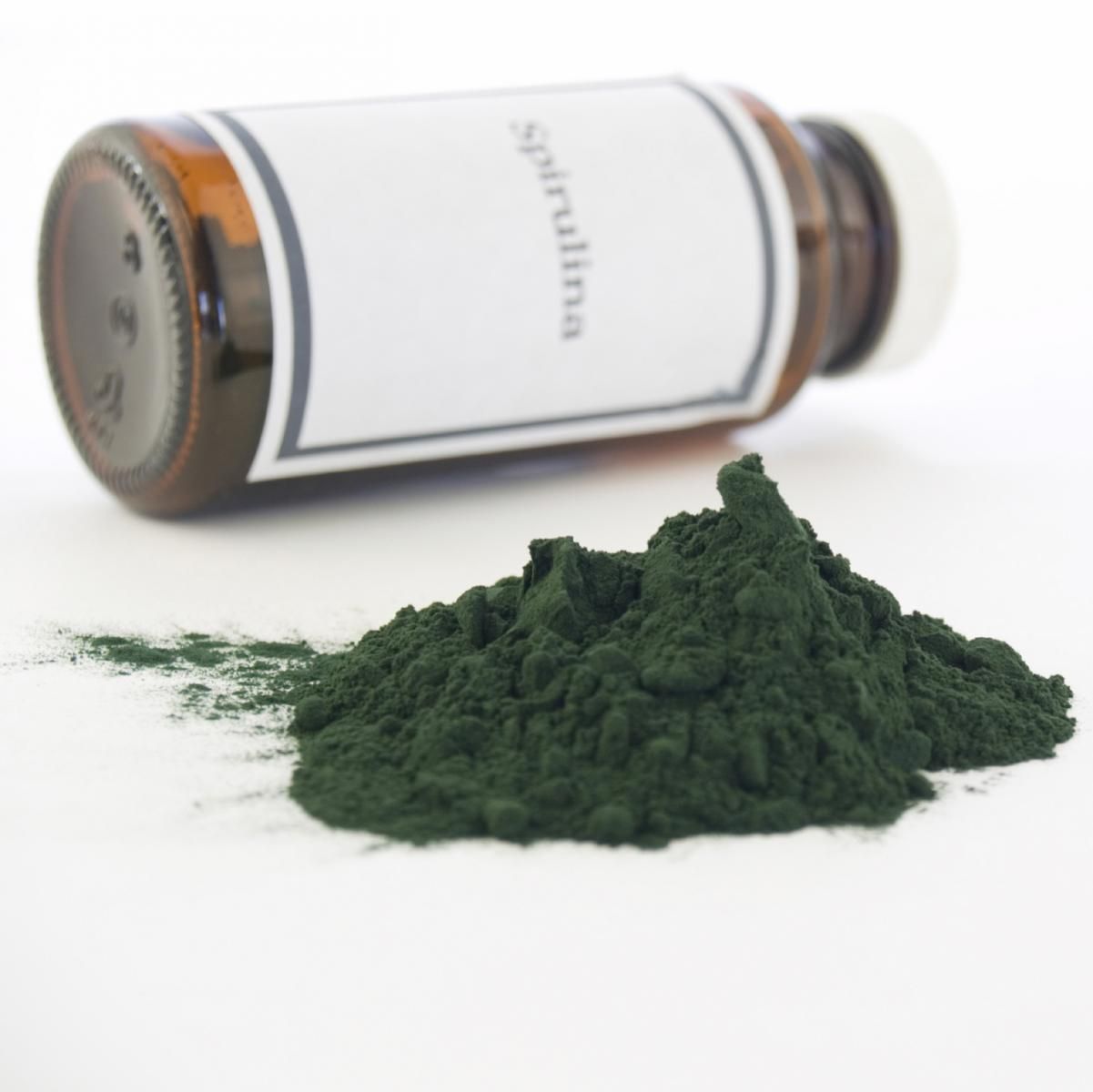Algae Supplements Tested for Toxins
Aphanizomenon flos-aquae, spirulina, and chlorella dietary supplements were tested for toxins.

By Robby Gardner, Associate Editor
The open-air farming methods used to harvest Aphanizomenon flos-aquae, spirulina, and chlorella give reason to monitor toxin levels in algae ingredients (spirulina is technically a cyanobacterium), so researchers from the University of Konstanz in Germany went and analyzed toxin concentrations in 13 store-bought algal dietary supplements. Their findings are now published in the journal Toxicology and Applied Pharmacology.
Published research has already turned up evidence of toxin contamination in Aphanizomenon products, but that contamination is only known for toxic microcystins, considered by the WHO to be a "potential human carcinogen." The University of Konstanz researchers looked at microcystins as well as the major toxins nodularins, saxitoxins, anatoxin-a, and cylindospermopsin.
Only Aphanizomenon turned up evidence of microcystin contamination-none of the other toxins were found in any product-but the extent of microcystin contamination is worth noting. Aphanizomenon products demonstrated microcystin contamination within a range of 0.4 to 2.2 nanograms/g dry weight. In any case, these concentrations are within range or exceeding limits of microcystin contamination proposed for human consumption by interested scientific authorities, including the Oregon Department of Health and the WHO. According to the University of Konstanz researchers, there is still ongoing debate about whether microcystin exposure may affect the onset of neurodegenerative diseases, and the type of microcystin analyzed in this study is just one of several that could have an impact on human health.
While dilutions of the products had their own toxicity profiles, extracts from all products-including spirulina and chlorella-were deemed cytotoxic. In light of this finding, the researchers noted that "[T]he overt cytotoxicity observed in the cell assays may provide an explanation for the acute adverse health effects, such as nausea, vomiting, diarrhea, constipation, and upset stomach, reported by consumers of these products."
Nutritional Outlook caught up with spirulina producer Cyanotech (Kailua-Kona, HI) to get the company's take on the purported "cytotoxic" nature of spirulina and evidence of adverse health effects.
"It is very possible that similar cytotoxicity would have been observed if extracts from other plant foods, such as spinach, broccoli, or peas, were tested," said Cyanotech chief scientific officer Gerry Cysewski, PhD. "The cytotoxicity test used in the study has not been related to adverse health effects."
Besides the question of cytotoxicity, Cyanotech pointed Nutritional Outlook to a large summary of previously published research on spirulina, including both toxicity research on animals and long-term, high-dose studies on humans dating as far back as the 1980s. (That summary is available if you contact Cyanotech.) Additionally, spirulina earned a “Class A” safety rating in a recent USP Safety of Evaluation of Spirulina, and several producers have established GRAS status for spirulina through independent scientific experts.
"Indigenous populations in several countries have been eating spirulina for centuries, if not millennia, as a primary food source," added Cyanotech vice president of sales, Bob Capelli. "In fact, during times of famine in certain African countries, where Spirulina grows naturally in alkaline ‘soda lakes,’ many people have survived for months eating only spirulina. While we don’t encourage this diet, the very fact that you can live on spirulina alone for extended periods in itself shows that it is an extremely safe product."
The Nutritional Outlook Podcast Episode 33: Keeping up with contract manufacturing
July 26th 2024Nutritional Outlook talks to Lauren Samot, commercial innovation leader, and Blayney McEneaney, sales executive at Vitaquest International, about trends within the contract manufacturing space, and the ways in which contract manufacturers like Vitaquest keep up with the market and differentiate themselves from the competition.